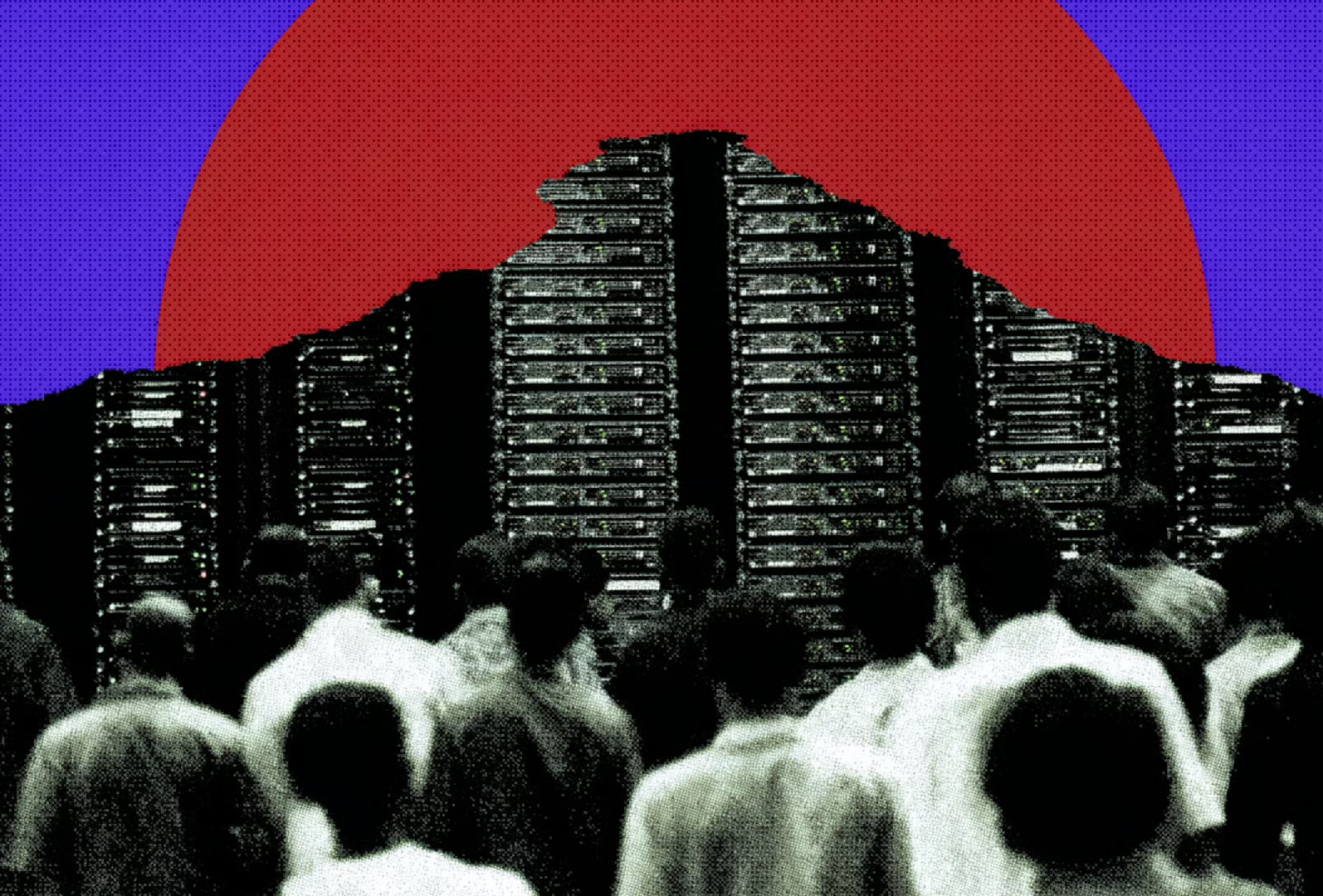he surge in AI data center demand shows no signs of slowing.
Alibaba’s cloud division announced a host of plans to expand its AI ambitions, including the development of new data centers in several countries, at its annual Apsara Conference on Wednesday.
The data centers will launch in Brazil, France and the Netherlands, with additional sites coming later this year in Mexico, Japan, South Korea, Malaysia and Dubai.
Earlier this year, the company said it would invest roughly $53 billion in developing AI infrastructure over the next three years.
- However, Alibaba CEO Eddie Wu said at the conference that spending would exceed that amount, as the speed of development and demand for AI infrastructure “has far exceeded our expectations.”
- Wu noted in his opening remarks that he anticipates global AI spend to top $4 trillion over the next five years.
Beyond data centers, Alibaba also touted a host of new partnerships, including a deal with Nvidia to integrate its suite of development tools for physical AI applications, such as humanoid robots and self-driving cars, into its cloud platform.
Additionally, the company debuted its largest model yet, called Qwen3-Max, boasting more than 1 trillion parameters, which the company claimed outperformed rivals like Anthropic's Claude and DeepSeek-V3.1 in some metrics.
While Alibaba’s primary business has long been ecommerce, like many tech giants, the firm is seeking to stake its claim in AI and emerge as a considerable competitor. And, like many in the market, inking partnerships, investing in expensive data center infrastructure and building bigger and better models seem to be its strategy for doing so.
The strategy has at least caught investors’ eyes, as the company saw its share prices jump in both the U.S. and Hong Kong markets following the news.
If the multibillion-dollar data center deals of this week from Project Stargate and Nvidia have told us anything, it’s that compute is the new gold. Alibaba’s increased spending on its AI infrastructure could signal that it, too, is feeling pressure to compete. That pressure could be coming from both U.S. competitors and fellow Chinese firms. According to Bloomberg Intelligence, AI spending by Alibaba, Tencent, Baidu and JD.com could exceed $32 billion this year alone.




